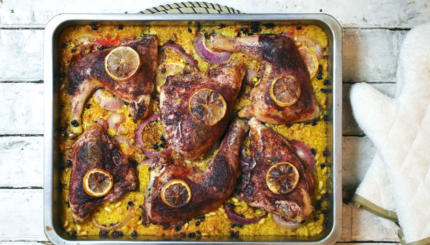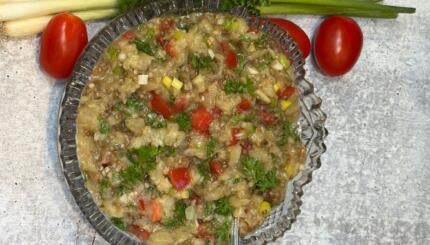In the past couple of weeks I’ve had some very interesting enquiries from couples seeking to be married by a rabbi. A couple of them are especially interesting because they have two things in common – they found me through a website resource that specializes in reaching out to interfaith couples and families… and in both cases both parties to the marriage were Jewish. I think its worth sharing and reflecting on these interactions, because they have something to teach us about the changing face of religious engagement, and the landscape that some of us are working in today.
I recently moved to a new congregation in central Massachusetts – Congregation B’nai Shalom – and when I made the move, one of the places where I updated my information was Interfaithfamily.com. This wonderful site is a depository for hundreds of articles; some written by clergy or for clergy, but the vast majority written by and for people in interfaith families. They provide introductions to the holidays and Jewish ritual for a non-Jewish family member wanting to understand more. They provide thought-pieces on the choices people make around raising their children. They provide a resource for Jewish grandparents figuring out their role in their children’s interfaith family. And much, much more. One of the things they also do is provide a referral service to help couples find a rabbi who will say ‘yes’ to the question of officiating at their marriage. This referral service was designed to bypass the historical experience of many Jews marrying non-Jews who, in the past, would often have to hear many ‘no’ answers before they found a ‘yes’… if they persevered that long.
Now, I know that rabbis officiating at interfaith marriages is a tough topic for many of my colleagues. And I do respect the path each takes in determining what role they feel they can have, if any. But today I’m not writing about that choice. I am a rabbi who says ‘yes’ most of the time.
But I am fascinated by my recent experiences. One might expect that most of the people who think to use the referral service are Jews marrying a non-Jew. One probably would less expect to find enquiries coming from two Jews.
In one of my recent exchanges, the bride-to-be was quite clear about how she had taken this route. She is the child of an interfaith couple. She was raised Jewish and is fully Jewish according to Jewish law. But she wanted to find a rabbi to marry her who would have said ‘yes’ to her parents.
In a second instance, an older couple getting married, one for the second time, sought out the website referral service because of a more complex concern involving the first marriage only having been dissolved with a civil divorce and not a
‘get’
– a Jewish divorce. The details are not important here (although I will say that this was not a case where there was any possibility of children being an issue). What is interesting is that there was a desire to consecrate a marriage in a traditional, Jewish manner, and a website initially conceived of to primarily serve interfaith families is being seen as a resource for a much wider range of individuals whose particular paths don’t entirely conform with some of the strictures found in some areas of organized Jewish life. This couple came to interfaithfamily.com because they perceived it to be a place where one could more easily find Rabbis who do Jewish things beyond some of the traditional borders of Jewish life.
In the first instance, we see a case where a young woman practices and identifies with her Jewish heritage. She chooses to do so, and actively embraces and desires the Jewish religious sanctification of her marriage, even while knowing that there are parts of the Jewish community that would not have warmly welcomed her parents. The search for a Rabbi who would not only say ‘yes’ to her, but would have said ‘yes’ to her parents is a search for a personal Judaism that offers up the rich wisdom tradition that is ours, with all its beauty, yet also demands a contemporary and inclusive response to the plurality of Jewish identity that exists in America today.
As a rabbi, I’m quite adept at the ‘on on the one hand’ and ‘on the other hand’ argument. There is no question that one could put forth an argument regarding the rabbi’s role in preserving traditional communal boundaries and practices. There are many rabbis who do so passionately. I certainly do not seek to judge that path. At the same time, as I observe the pathways that many Jews, like the ones above, are navigating to maintain their ties to our faith and traditions, yet on different terms, I believe that it is important for some of us to be there to meet them when they come knocking. And I believe, based on what we observe as the changing face of the religious and spiritual landscape in America, that these pathways are likely to become more diverse and multi-faceted with time.
In the meantime, to the couples above, and others, I start by saying ‘Mazel tov!’



